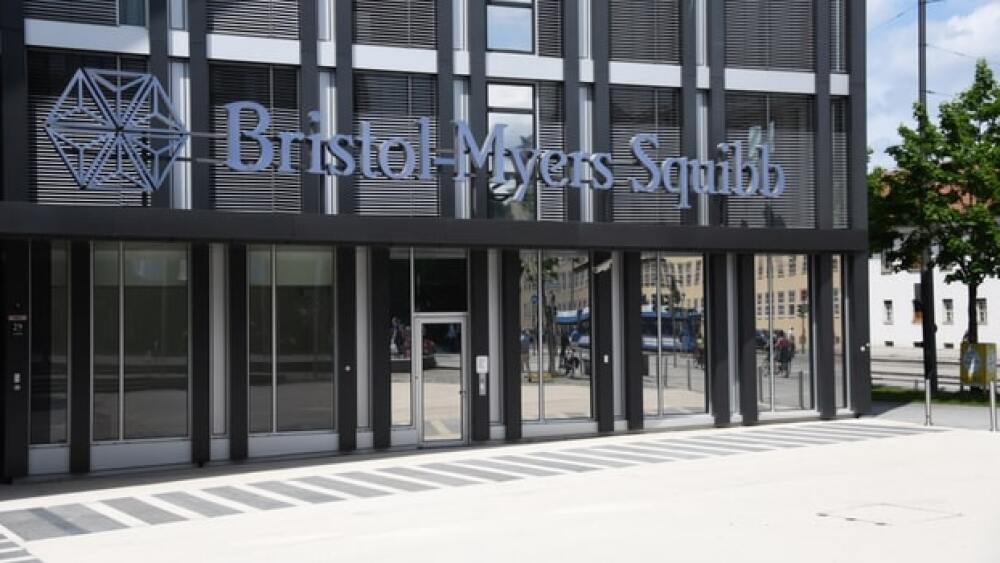Under the terms of the agreement, Bristol Myers Squibb will take over complete responsibility for the development and commercialization of AGEN1777 and any related products globally.
nitpicker/Shutterstock
Bristol Myers Squibb Company and Agenus inked a licensing deal for Agenus’ proprietary bispecific antibody program, AGEN1777, and a second undisclosed target. AGEN1777 is an Fc-enhancement antibody Agenus is developing to target major inhibitory receptors found on T and NK cells that seem to improve anti-tumor activity.
Under the terms of the agreement, Bristol Myers Squibb will take over complete responsibility for the development and commercialization of AGEN1777 and any related products globally. It is paying Agenus $200 million upfront and up to $1.36 billion in development, regulatory and commercial milestones. Also, Agenus will be eligible for tiered double-digit royalties on any net product sales.
Agenus will keep options to run clinical studies under the development plan and run combination trials with certain other assets in its pipeline and, upon commercialization, to co-promote AGEN1777 in the U.S.
To date, AGEN1777 has been only investigated in preclinical studies, where it has demonstrated “significant potential” in tumor models where checkpoint inhibitors against PD-1 or TIGIT monospecific antibodies by themselves are not effective. It plans to file an Investigational New Drug (IND) application for AGEN1777 with the U.S. Food and Drug Administration (FDA) in the second quarter of 2021.
Bristol Myers Squibb will advance the drug in immuno-oncology for high priority tumor indications, including non-small cell lung cancer.
“AGEN1777’s differentiated mechanism of action provides the potential for potent anti-tumor activity; catalyzing our clinical TIGIT strategy aimed at serving more patients with unmet needs in cancer,” said Debbie Law, senior vice president, Head of Tumor Microenvironment Thematic Research Center, Bristol Myers Squibb. “We look forward to working with Agenus to develop this important therapy as we continue to combat I-O resistance.”
Bristol Myers Squibb’s interest is in looking past its current portfolio of checkpoint inhibitors, Opdivo (nivolumab) and Yervoy (ipilimumab). They are also developing relatlimab, an anti-LAG-3 antibody.
TIGIT stands for T-cell immunoreceptor with immunoglobulin and ITM domain. It is a new target for immuno-oncology. It is upregulated by the immune system, including activated T-cells, NK (natural killer) cells, and regulatory T-cells (Tregs). Merck and Roche are also working with TIGIT assets, and a year ago, Gilead dropped $2 billion on Arcus and its AB154 in the space.
Of the Agenus-BMS deal, Garo Armen, chairman and chief executive officer of Agenus, stated, “We are pleased to partner with Bristol Myers Squibb to develop and commercialize AGEN1777. Their stellar record of success in this area has been an important determinant for our decision to enter into this transaction. Through such transactions we are able to balance between advancing our portfolio with highly qualified collaborators, while retaining our other innovations for speedy development and commercialization by Agenus.”
Under that deal, Gilead made an equity investment in Arcus worth about $200 million in shares for $33.54 per share, with another $175 million at the close of the deal. Gilead owned almost 8.2 million shares of Arcus common stock at the close or about 13% of outstanding shares. They had launched a 10-year partnership to co-develop and co-commercialize several products in Arcus’ pipeline.





